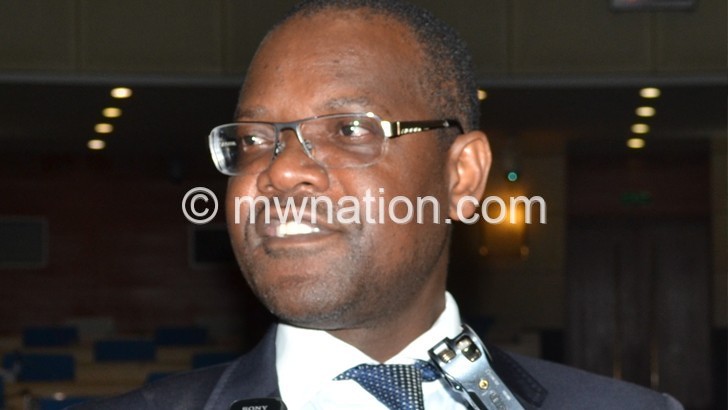Govt proposes changes to ACB boss hiring
Future appointees to the office of the director of Anti-Corruption Bureau (ACB) will face an interviewing panel if Parliament passes an amendment to the Corrupt Practices Act (CPA).
But while government touts the proposed arrangement as a step towards enhancing the independence of the office of the ACB director, rights activists have cast doubt on the arrangement achieving the set objective.

The Bill, gazetted on June 25 2018, is set to repeal Section 6 of the CPA by inserting 6(a) while maintaining that the director would be appointed by the President subject to confirmation by the Public Appointments Committee (PAC) of Parliament.
“The objective of this Bill is to amend the Corrupt Practices Act by introducing a new process for the appointment and recruitment of the director of the ACB under the Act to enhance the independence of the office of the director,” reads the Bill signed by Attorney General Charles Mhango.
The new Section 6(a) empowers the Minister of Justice and Constitutional Affairs to advertise the position and institute a panel of not more than seven members of the public sector, private sector, faith bodies, traditional leaders, civil society and the media to shortlist and interview candidates.
However, the task of the panel will end at submitting names of the successful candidates to the minister who will in turn forward the same to the President to choose one of the candidates as ACB director.
Section 6(a)(4) reads: “The minister shall send the list to the President for the appointment of one of the candidates as director.”
However, the President would appoint the director only from the names on the list recommended by the minister and if the names are rejected, with reasons, the minister would readvertise the position.
Minister of Justice and Constitutional Affairs Samuel Tembenu said the new process was in line with the eight pillars of the National Anti-Corruption Strategy which comprises the Executive, the Judiciary, the Legislature, traditional and faith leaders, media and private sector in the fight against corruption.
He said: “This is meant to enhance acceptability of the candidate [for ACB director]. It is not the President choosing a person, but the pillars will have taken the subjectivity from the President.”
Tembenu emphasised that the minister would forward three names from the panel to the President from which one would be appointed.
He said the role of the Public Appointments Committee would remain to confirm the appointment by the President after the panel had done its work.
A new Section 6(b) has also been inserted to give the ACB director a tenure of three years, but the President would still have powers to remove the appointee with the confirmation of the Public Appointments Committee and an arbiter.
Section 6(b)(4) empowers the President to appoint a committee to investigate whether indeed the director has failed to perform his functions or for misconduct.
Members of the committee would be a lawyer with 10 years experience and two other persons of good character who would advise the President whether to remove the director.
The appointment of the ACB director was another bone of contention at the National Anti-Corruption Conference last year where delegates recommended that appointments should be based on merit by an independent body while protecting the tenure of office.
Rights activist Billy Mayaya, who was a delegate at the conference, said yesterday that the proposed amendment falls short of advancing the independence of the ACB in terms of directorship and integrity.
“It is clear that the proposed change continues to reinforce the vested interests of politicians. Additionally, in terms of tenure, there is ambiguity that needs to be addressed,” he said.
Another delegate to the conference, Makhumbo Munthali of the Evangelical Association of Malawi, said while the proposed amendment was good, it could only work in an environment where the Executive arm of government is free from politics of patronage, nepotism and cronyism.
“Sadly, we are yet to have such an Executive, and chances are it may take time to have such; hence, all these fears of potential abuse of such an amendment,” he said.
In 2016, Parliament rejected a motion from the then Legal Affairs Committee chairperson Peter Chakhwantha which sought to ensure the bureau’s independence from the Executive by leaving the appointment to the Parliament through the Public Appointments Committee.





